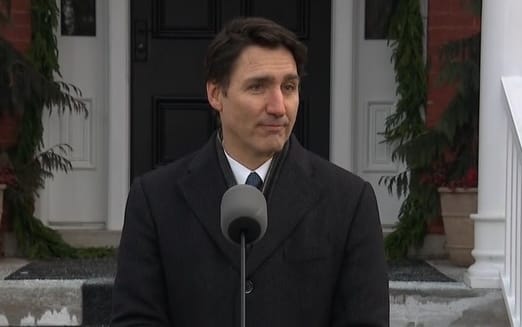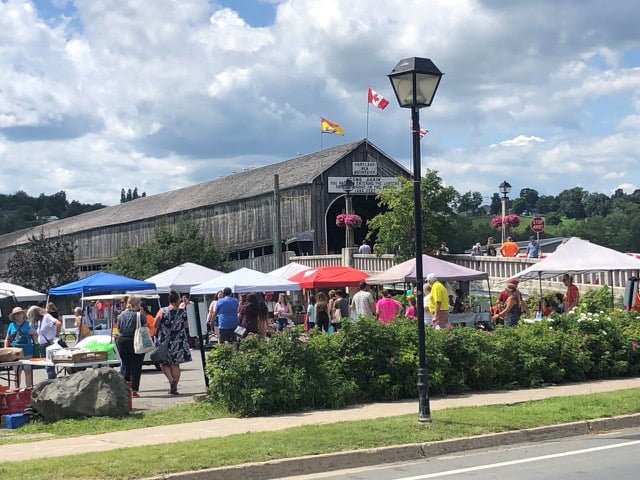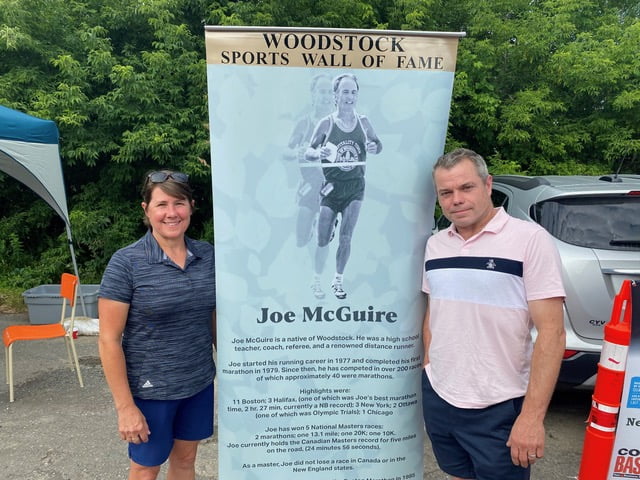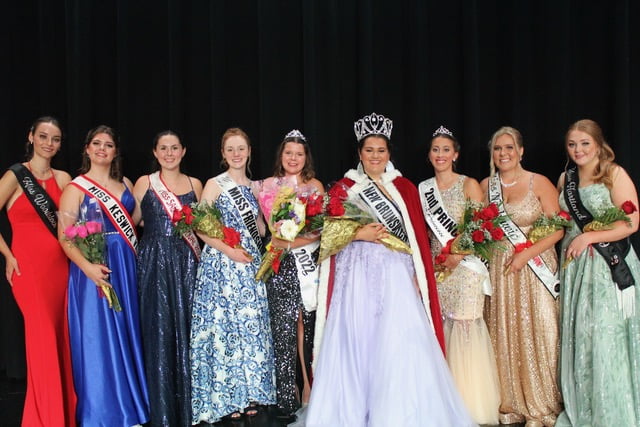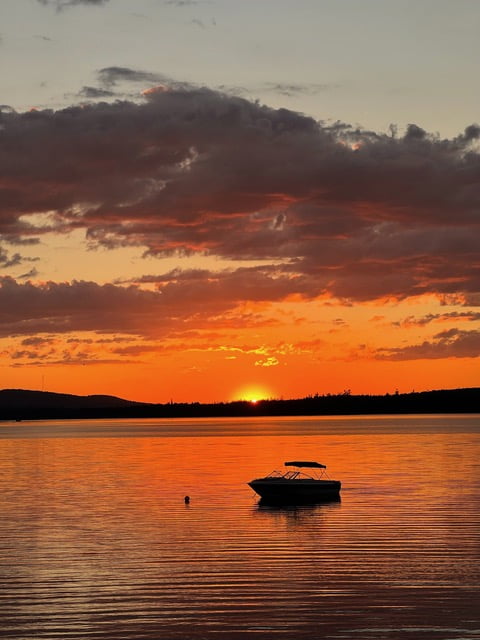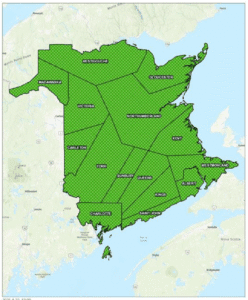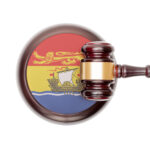T.J. Harvey says country ‘stands at the juncture of a significant political shift’ as party prepares for leadership race
Prime Minister Justin Trudeau has announced he will step down as Prime Minister once the Liberal Party chooses a new leader.
Trudeau, who has been under increasing pressure to resign, made the announcement outside his residence, Rideau Cottage, in Ottawa on Monday morning, Jan. 6.
“This country deserves a real choice in the next election, and it’s become clear to me that if I’m having to fight internal battles, I cannot be the best option in that election,” said Trudeau to the throng of reporters gathered outside the PM’s residence.
Trudeau asked Gov. Gen. Mary Simon to prorogue Parliament until March 24. She granted the request.
Trudeau has been Liberal leader since 2013 and Prime Minister since 2015.
The announcement instantly set off a federal Liberal leadership race.
“The Liberal Party of Canada is an important institution in the history of our great country and democracy. A new prime minister and leader of the Liberal party will carry its values and ideals into the next election,” he said.

T.J. Harvey ran under the Trudeau Liberal banner and won, representing the riding of Tobique-Mactaquac as a Member of Parliament in the House of Commons from 2015 to 2019.
Harvey, who returned to the private sector after deciding not to run in the 2019 election, called Trudeau’s resignation an opportunity.
“We stand at the juncture of a significant political shift,” he told the River Valley Sun. “His decision to step down marks not only the end of an era, but the culimnation of a journey that was both transofrmative and divisive.”
Harvey, who often clashed with Trudeau in caucus, praised his former boss’s commitment to Canadians.
“I witnessed, first hand, his unwavering commitment to inclusivity, progress, and the betterment of our nation. As is the case with all leaders who have won successive terms in office, the voting populous reaches a point where they tend to focus on the negative aspects of a government’s tenure rather than acknowledging the tremendous impacts an outgoing Prime Minister has had over nearly a decade in office.”
Harvey said he and Trudeau were often at odds on various files, including gun control and other urban versus rural files.
“I sometimes felt he was not in touch with the needs of rural Canadians,” said Harvey.
“But as he embarks on this new chapter, I am grateful for his service.”
On Thursday, Jan. 9, the Liberal Party of Canada released their leadership race rules, including a tight timeline that will see a new leader chosen by March 9. Candidates have until Jan. 23 to declare their candidacy and must pay a $350,000 registration fee to enter the race.
Liberals who want to vote for a leader must register as a Liberal member by Jan. 27, be over the age of 14, be a Canadian citizen, be a permanent resident, or have status under the Indian Act.
Finance Minister and New Brunswick MP Dominic LeBlanc announced Wednesday, Jan. 8, that he would not seek the leadership. He told reporters his focus needed to remain on the fight against customs tariffs expected to be imposed when Donald Trump takes office on Jan. 20.
At RVS print time, former B.C. Premier Christy Clark and former Bank of Governor Mark Carney were both considering entering the race. Former Finance Minister Chrystia Freeland is also reportedly considering entering the race.
Freeland left the cabinet on Dec. 16, mere hours before she was scheduled to deliver the fall economic statement. Her departure sparked a firestorm within the Liberal caucus, which was already pushing for Trudeau to step down.

